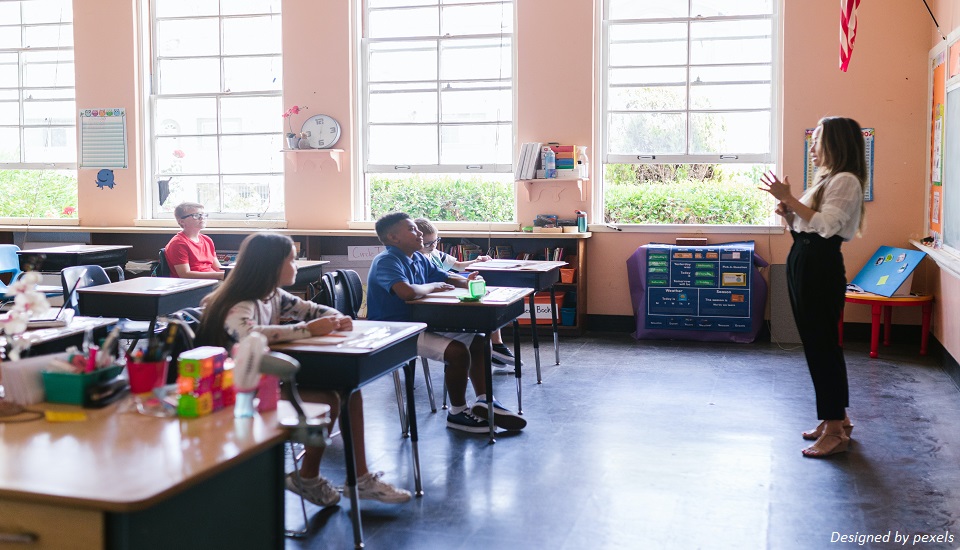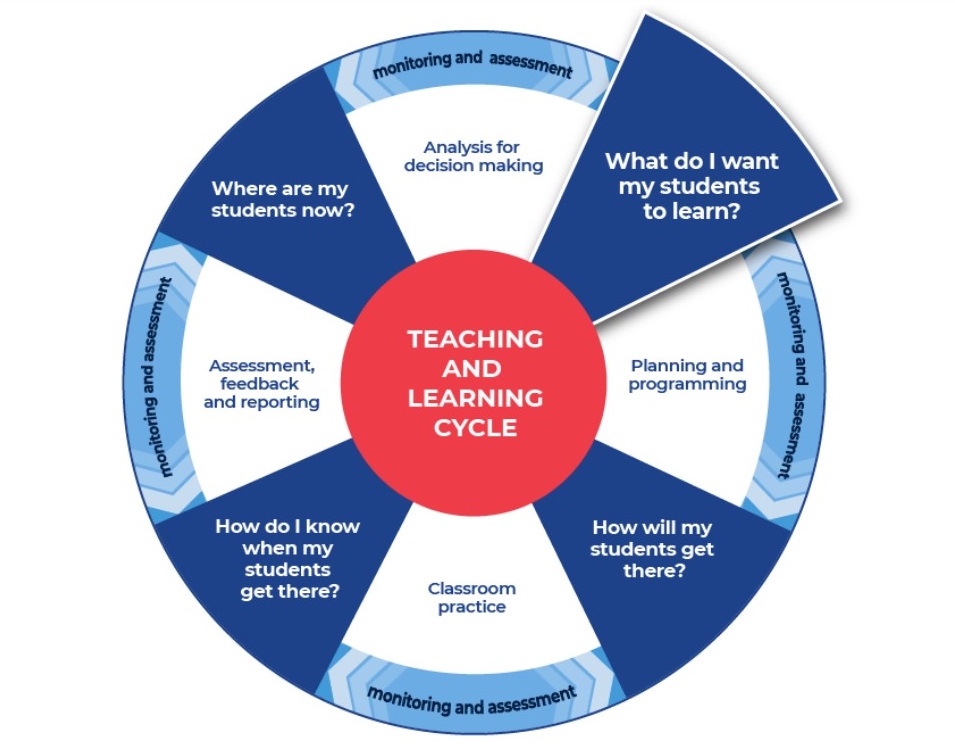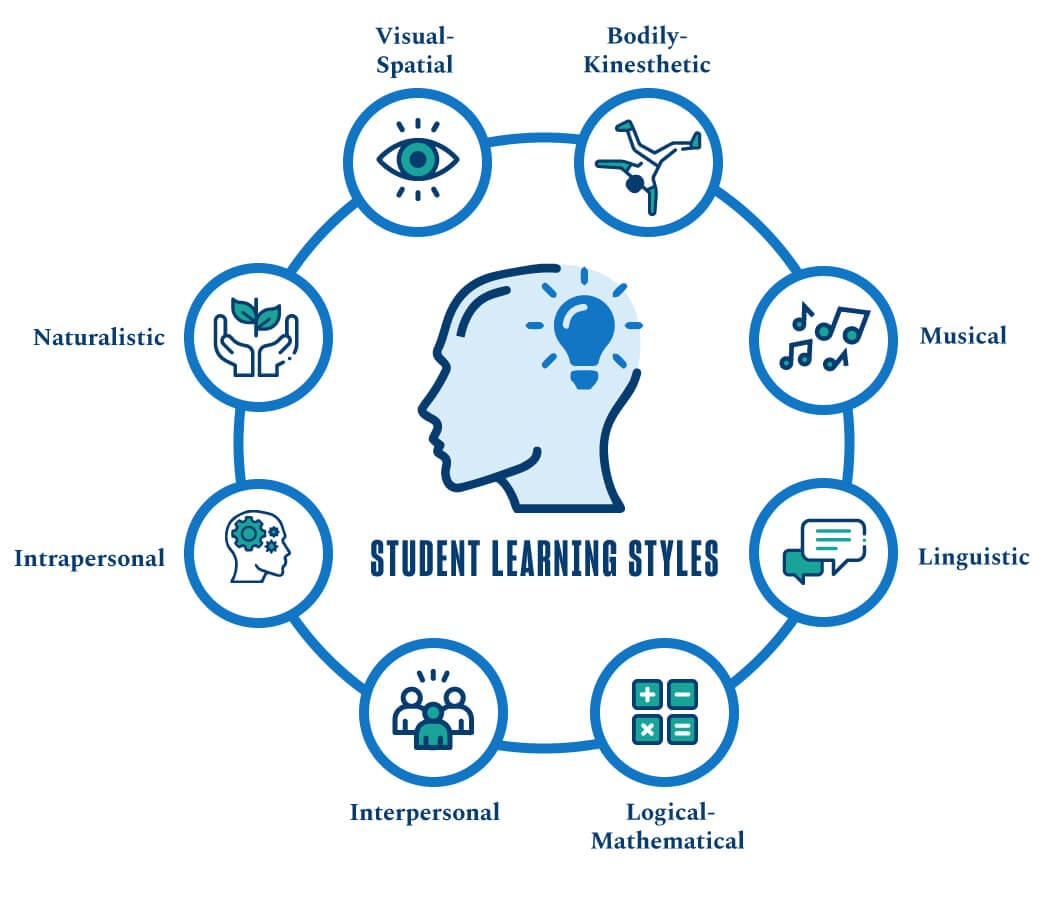
Top 6 Most Effective Teaching Practices That Is The Need Of The Hour
Comprehending what constitutes effective teaching is essential for ongoing professional development. Regardless of your job title or experience or whether or not you have B.Ed. in Early Childhood Education, keeping up to date with the best practice can be challenging alongside the demands and pressure that comes with the job. However, gaining secure insights into effective teaching practices does not have to be a laborious process.
Here is an outline of what effective teaching means and why it is essential along with a wide array of strategies that you can use in the classroom.
What Is Effective Teaching?
Effective teaching practices refer to the various instructional methods, strategies, and techniques used by teachers to promote learning, engagement, and academic achievement among students. The use of effective teaching practices has been shown to have numerous benefits for both students and teachers, including improved academic performance, increased student motivation, and enhanced teacher satisfaction.

Effective teachers cultivate excellent working relationships with students within a respectful and safe environment. They nurture effective learners, manages classroom to reduce instances of behavioral challenges and use their pedagogical knowledge to create a high-quality learning experience. However, it is important to note that not all aspects of effective teaching can be immediately measurable or visible.
6 Effective Teaching Habits Fore New-Age Educators
Here is a list of effective teaching techniques that can help you develop your personal and professional skills:
- Building Rapport With Students
One of the most effective teaching habits is building positive relationships with students. Students are more likely to learn from teachers who they trust and feel comfortable around. Teachers can build positive relationships by getting to know their students, being approachable and respectful, and taking a genuine interest in their lives outside the classroom.
When students feel valued and respected, they are more likely to engage in the learning process and perform better academically.
- Creating a Positive Learning Environment
Creating a positive learning environment is essential for effective teaching. Teachers who create a positive classroom environment help their students feel safe, valued, and motivated to learn.
A positive learning environment is characterized by mutual respect, clear expectations, and open communication. Teachers can create a positive learning environment by setting ground rules, acknowledging and celebrating student successes, and providing constructive feedback that encourages improvement.
- Tailoring Instruction to Individual Needs
Effective teachers tailor their instruction to meet the individual needs of their students. Every student is unique, with different strengths, weaknesses, and learning styles. Teachers who recognize and address these differences can help their students learn more effectively.
They can do this by using a variety of teaching strategies, incorporating multimedia resources, and providing differentiated instruction that meets the needs of all learners.
- Encouraging Active Participation
Encouraging active participation is another effective teaching habit. Students learn best when they are actively engaged in the learning process. Teachers can encourage active participation by asking open-ended questions, providing opportunities for discussion, and using group activities that encourage collaboration and problem-solving.
Teachers who engage their students in the learning process help them develop critical thinking skills, communication skills, and other essential life skills that will benefit them in the future.
- Providing Feedback
Providing feedback is a critical teaching habit that helps students improve their performance. Feedback is a powerful tool for motivating students and helping them identify areas for improvement.
Effective teachers provide timely and specific feedback that focuses on both the strengths and weaknesses of their students. They also encourage students to self-assess their work, which helps them develop a growth mindset and take ownership of their learning.
- Continuous Learning
Finally, effective teachers are committed to continuous learning. They recognize that teaching is a constantly evolving profession and that there is always room for growth and improvement.
Effective teachers engage in ongoing professional development, seek out feedback from their colleagues, and stay up-to-date with the latest research and trends in education. By staying curious and reflective, teachers can continue to develop their skills and provide their students with the best possible education.
Benefits Of Effective Teaching

Here are a few benefits of using effective teaching practices in your classroom:
- Boosts Student’s Academic Performance
Effective teachers are skilled at delivering clear and concise explanations, providing relevant and meaningful examples, and offering constructive feedback. By doing so, they can help students understand complex concepts, develop critical thinking skills, and improve their problem-solving abilities.
Effective teaching also involves creating a positive and supportive learning environment that encourages students to ask questions, share ideas, and collaborate with their peers. This can further enhance students' academic performance by providing them with opportunities to learn from and with others.
- Improves Social Skills
Effective teachers are not only knowledgeable in their subject areas but also empathetic and caring. They are skilled at building positive relationships with their students, providing emotional support, and helping students develop healthy coping mechanisms.
By doing so, they can create a safe and inclusive learning environment that fosters social and emotional growth. This can have long-lasting benefits for students, as research shows that social and emotional skills are crucial for success in both personal and professional life.
- Increases Student Engagement
Thirdly, effective teaching can increase students' motivation and engagement. Effective teachers are passionate about their subject areas and are skilled at creating engaging and interactive lessons. They use a variety of teaching methods and materials to cater to different learning styles, and they challenge and inspire their students to reach their full potential. By doing so, they can help students develop a love for learning and a desire to succeed.
- Prepares Students For Future Success
Fourthly, effective teaching can prepare students for future success. Effective teachers not only teach their students the content of their subject areas but also help them develop transferable skills such as communication, collaboration, and critical thinking.
These skills are essential for success in the modern workforce, and by developing them in their students, effective teachers can help them achieve their career aspirations.
Prepare Your Students For Success
Effective teaching practices are essential for promoting student learning, engagement, and well-being. Effective teachers have a significant influence on a student's academic and emotional development. As educators holding an early childhood education with a bachelor’s degree your role is vital in ensuring that students achieve their best possible outcomes.

